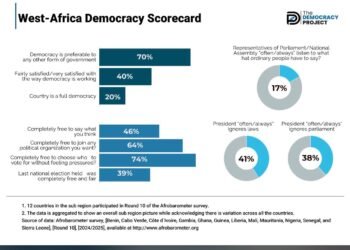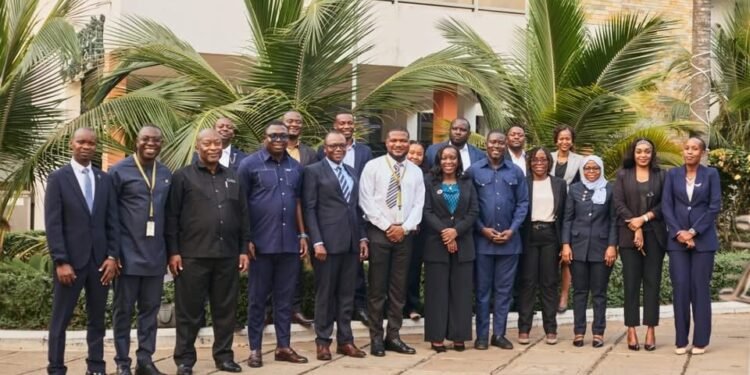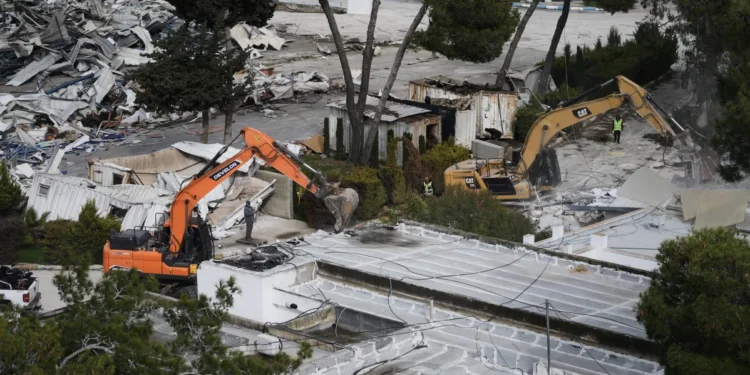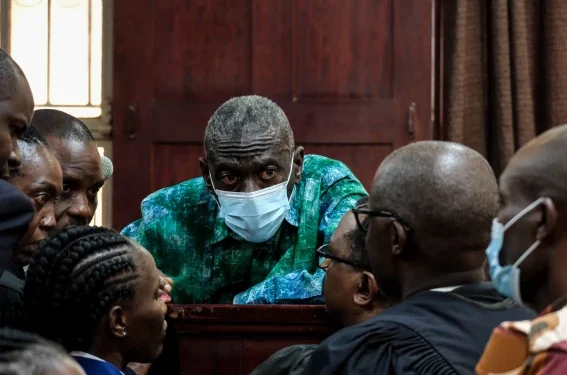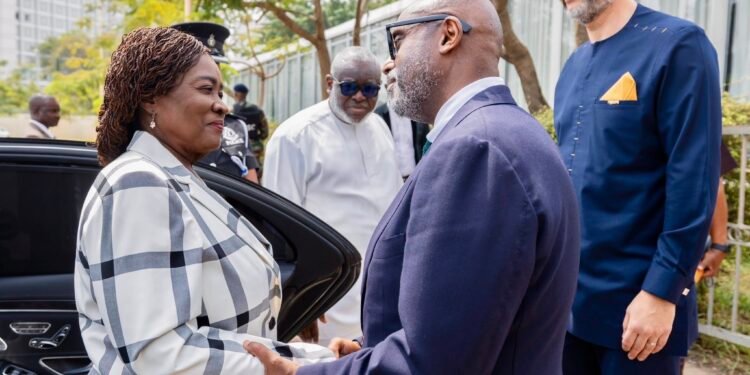Recently, three pre-tertiary teachers’ unions have declared a strike citing the government’s inability to provide their members with the needed resources for learning such as laptops, which the teachers paid for, and intercepted salaries of teachers by the Office of the Special Prosecutor (OSP) among others.
These three pre-tertiary teachers’ unions include the Ghana National Association of Teachers (GNAT), the National Association of Graduate Teachers (NAGRAT), and the Coalition of Concerned Teachers Ghana (CCT- GH).
This means all pre-tertiary schools, from basic to secondary schools are closed until the various unions call off the strike, an action which is dependent on the government’s readiness to negotiate their demands.
“What will bring us back to the classroom will be when we have a memorandum of understanding indicating clearly a roadmap as to what they will do in terms of our demands”.
Vice President of NAGRAT, Jacob Anaba
On average, most strikes undertaken by Ghanaian teachers are due to their remunerations. The lowest salary for a Ghanaian public teacher is GH₵ 434, with average pay being GH₵ 2,372 and the highest salary is at GH₵ 8,271.
With the current economic challenges and the increasing inflation rates, it is, therefore, no surprise the financial woes teachers experience, especially those who have not been paid in four months due to the OSP’s operations that demand that the accounts of over 400 teachers be frozen.
Furthermore, the unions noted the rampant change in the school calendar as one of the main reasons for the strike. The distortion in the normal school calendar which was experienced during the COVID-19 pandemic persists despite things having returned to normalcy.
Presently, the school calendar is not as structured as it was pre-COVID. This scenario leaves the teachers and students at the mercy of the Ministry of Education (MoE) and the government to decide when schools reopen or will vacate. The irregular spacing of the time second cycle schools spend in schools is also worrying.
More so, the government over the years has failed to negotiate an acceptable functional scheme of service for pre-tertiary teachers at both the basic and secondary levels. The inability of the government to fulfill this singular request of teachers has rendered teachers uncertain about the requirements of their jobs particularly those who find themselves doing activities outside their field of expertise.
Effects On Education
Consequently, if the government does not move to the negotiation table soon with the unions and the strike extends for a longer period, students, especially those in the rural areas may fall behind in their studies and may have a hard time catching up with their mates in the private sector schools.
“We are going to write our BECE so it will affect us. They told us it would be for one week but we don’t know whether it will be for one week or not. They didn’t teach us today and some of us are just walking around while some left the school”.
JHS Pupil
Also, with only headteachers supervising schools amidst the ongoing strike and with schools closing earlier than they normally would, attendance is bound to decrease especially in the areas where accessing schools to students is difficult. Some students would rather conserve their energy than go to school and learn nothing despite the government’s directives that schools remain open.
With children out of school and with no supervision from parents who are mainly busy with work or business, children are bound to get in one trouble or the other. While some troubles may have small magnitude others may be huge.
It is no news that teenage pregnancy has always been correlated with education, especially in the rural areas of the country. As was experienced during the COVID-19 lockdown in Ghana and some other African countries, children being out of school effectively increased teenage pregnancy and that will be the issue if the strike persists any longer.
Furthermore, the continuous strike actions by teachers’ unions in the country cause students, those in the rural areas especially, to lose interest in school which undermines the government’s effort to ensure the education of the young ones.
Conclusively, children out of school effectively create an increase in social vices and an increase in child marriage especially in the Northern part of the nation. With fewer and fewer children in school due to continuous strike actions by teachers, Ghana is bound to be behind its contemporaries in achieving its universal basic education goals.
READ ALSO: EU Climate Plan Shelved Indefinitely









